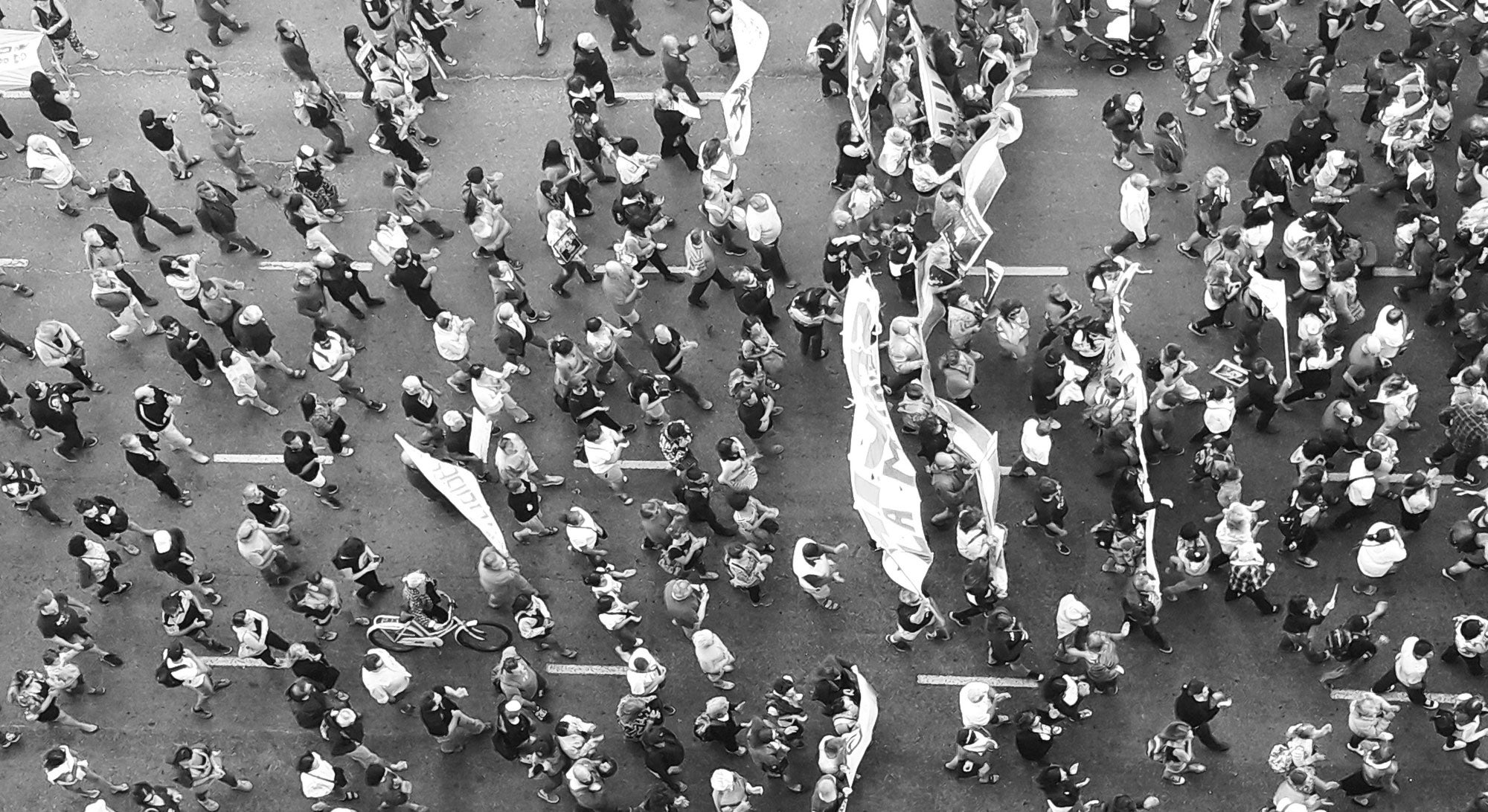
Global Service
The cadets of UC Santa Barbara’s Reserve Officer Training Corps (ROTC) will one day serve overseas in a country that bears little resemblance to home. To give these future officers a preview of life and service abroad, the Army offers the Cultural Understanding & Language Proficiency (CULP) Program. CULP sends cadets around the world for humanitarian missions, to work side by side with other nations’ service members and get exposed to an unfamiliar culture.
For Austin Amato, a third-year economics and accounting major, his upcoming CULP deployment to Guyana promises to break new ground. “I’m going to be the first in my family to leave the continent,” he said. “I’m pretty happy to do that and get a little culture shock. I’m definitely unsure of what to expect.”
The one thing Amato knows is that he’ll do amphibious and jungle training with Guyanese cadets and soldiers for two weeks before a week of humanitarian work in the South American country on the North Atlantic. “I’ve never been to a jungle,” he noted. “Anything outdoors interests me, so I think I’m going to enjoy it quite a bit.”
UCSB’s Surfrider Battalion this summer will send five additional cadets to four other countries. They are: Dominique Chan, Mongolia; Jeremy Ho, Albania; Gene Schreck and Jesus Quintero, Mozambique; and Andrew Ripley, Poland. Their stints will be eye-opening and memorable, said cadets who have participated in CULP.
“I thought it was an amazing experience for me,” said Joseph Macdonald, a senior communications major who did his CULP service in Turkey in 2015. “I’d never been out of the country and I’d never actually been anywhere else but the United States. For me to actually get paid to go somewhere else and see a different part of the world, to experience their culture and see how they live their life, I thought it was extremely worth it.”
Josh Nieratko, recruiting operations officer for the Surfrider Battalion who retired from the Army as a master sergeant, said CULP offers the cadets a real-world peek at what awaits them. “What I think CULP does for them, especially the ones going into active-duty Army, is they’re going to travel, they’re going to see other cultures, and it gives them a vision of that prior to ever having to do it,” he said. “For guys like Joe (Macdonald), who never had been out of the United States, he got to go see what it was like, see how other cultures are and get incorporated with that culture. It’s something you’re going to have to do in the military. I’ve been all over the place. If I could’ve done something like that it would’ve been pretty cool to prepare me for what I was moving into.”
Francisco Perez, a third-year math major, said his CULP tour in Macedonia last year allowed him to see beyond familiar American culture. “I got a better understanding of how different people understand the world, their world, their language, how their military affects their government, how their governments affects the military and their people,” he said.
For young Americans used to order and the conveniences of modern life, serving in a developing nation can be a shock. Sarah Schreck, a senior biology major who served in Burundi in 2014, said the small African nation defied every expectation she had. “It’s hard to even describe to the people here how different it is,” she said. “The hotel that we stayed in had big holes in the walls so that lizards can come in and eat the mosquitoes. If you have lizards in your room that’s a good thing.”
CULP isn’t all culture shock, noted Macdonald, who worked alongside Turkish soldiers during his deployment. The program also helps lay the foundation for collaboration with allies down the road. “When I went, one of the instructors I went with explained to me that the relationships and ties that you build when you go can be called upon later on in life,” he explained. “So when you’re an Army officer you have a chance to go out and get a broadening experience, and there is that possibility that the cadets I worked with when I was in Turkey could possibly be one of the cadets that I end up working with later on in my career. Having that relationship already built from years back would end up helping with future relationships.”



